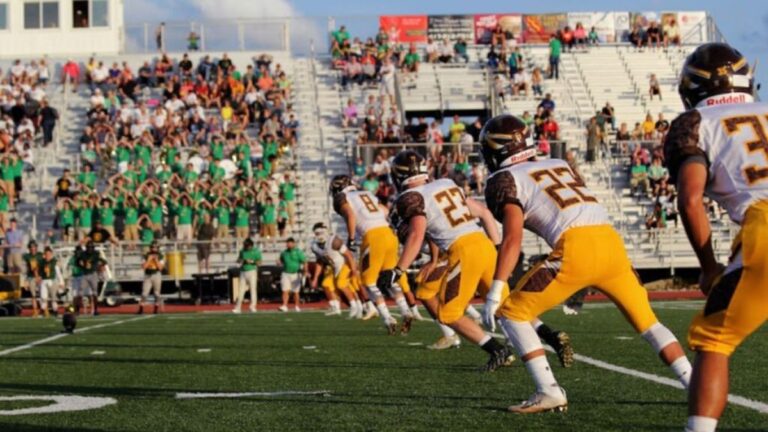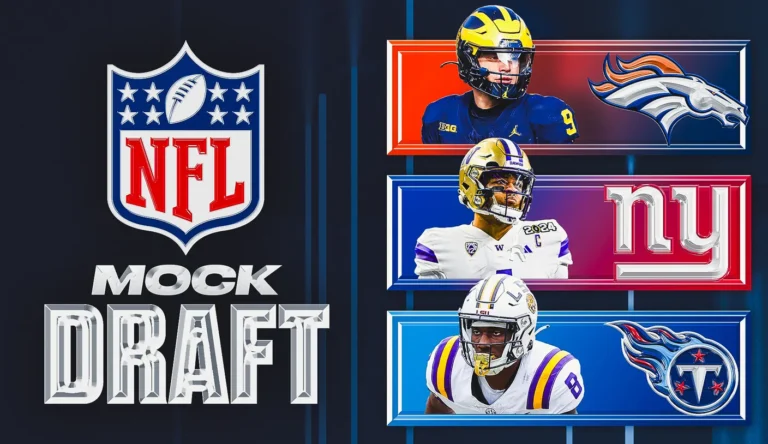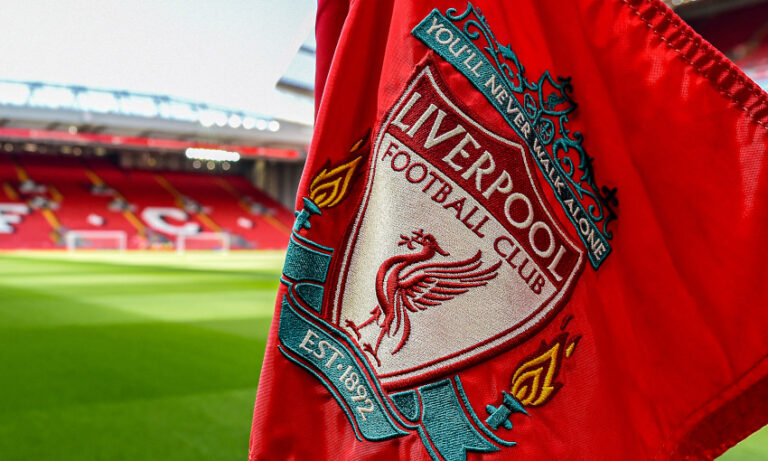Teamwork in esports and team sports: How is an effective team formed?
In the ever-evolving landscape of competitive gaming and traditional sports, the concept of teamwork stands as a cornerstone for success. Whether it’s coordinating strategies in a digital battlefield or synchronizing movements on a physical field, effective teamwork is the essence of triumph. But what exactly constitutes effective teamwork, and how does it manifest differently in esports and traditional sports?
Understanding Teamwork
Teamwork is more than just a buzzword; it’s the lifeblood of success in both esports and traditional sports. In these arenas of competition, where individual talent meets collective effort, the ability to work together seamlessly can make the difference between victory and defeat.
At its core, teamwork is the synergy of individual efforts towards a common objective. It encompasses various elements, including communication, collaboration, trust, and mutual support, all of which impacts dota betting and other types of gambling. In essence, it’s about harnessing the strengths of each team member to achieve shared goals.
Clear Roles and Responsibilities
In the world of esports, where teams compete in digital arenas across various genres like MOBAs (Multiplayer Online Battle Arenas), FPS (First-Person Shooters), and strategy games, the importance of clear roles cannot be overstated. Esports teams typically consist of players assigned to specific roles within the game. For instance, in a game like League of Legends, roles might include top laner, jungler, mid laner, ADC (Attack Damage Carry), and support. Each role comes with its own set of responsibilities and objectives.
Players often specialize in particular roles or champions/heroes within those roles, honing their skills and strategies to excel in their designated area. This specialization allows for a deeper understanding of game mechanics and more effective execution of team strategies. Within esports teams, there’s often a designated shot-caller or in-game leader responsible for making strategic decisions during matches. This individual guides the team, coordinates plays, and adjusts tactics based on the flow of the game.
Similarly, in traditional sports such as soccer, basketball, or American football, clear roles and responsibilities are fundamental to team success. In sports, players are assigned positional roles based on their skills, physical attributes, and tactical requirements of the game. For instance, in soccer, positions include goalkeeper, defenders, midfielders, and forwards, each with specific duties on the field.
Athletes often specialize in particular positions or skill sets that align with their strengths. A defender in soccer needs strong defensive abilities, while a forward requires goal-scoring prowess. Coaches tailor training regimens to enhance players’ abilities within their designated roles. Captains or team leaders provide on-field leadership, guiding teammates, making tactical decisions, and motivating the team during games. They act as a liaison between coaches and players, ensuring that strategies are executed effectively on the field of play.
Communication
Esports teams rely heavily on communication tools such as voice chat or text messaging to coordinate movements, relay vital information, and strategize during matches. Clear and timely communication ensures that teammates are aware of each other’s actions and can synchronize their efforts accordingly.
Players constantly share information about enemy locations, objectives, and in-game developments to maintain situational awareness and adapt their strategies on the fly. This includes calling out enemy positions, sharing resource allocations, and coordinating team movements to capitalize on opportunities or respond to threats.
Effective communication is crucial for shot-callers or team leaders who guide their teammates, make strategic decisions, and provide direction during matches. These individuals must convey their intentions clearly and decisively, ensuring that the team remains focused and coordinated under pressure.
Athletes communicate with each other through verbal cues, such as calling out plays or directing teammates, as well as non-verbal signals, such as hand gestures or eye contact. These forms of communication facilitate coordination and synchronization during fast-paced gameplay.
Coaches and team leaders play a crucial role in communicating strategies, tactics, and adjustments to players during games. Whether it’s calling plays from the sidelines, providing feedback during timeouts, or making substitutions, effective communication from leadership can significantly impact team performance.
Communication fosters a sense of unity and cohesion within teams, as players learn to trust and rely on each other’s input. By maintaining open lines of communication, teams can address challenges collectively, adapt to changing circumstances, and overcome obstacles together.
Trust and Cohesion
In esports, where players must act in concert to secure objectives and outmaneuver opponents, trust in teammates is essential. Players must trust that their teammates will execute their roles effectively, make sound decisions, and provide support when needed. Trust is built through consistent performance and reliability. When teammates consistently deliver strong performances and fulfill their responsibilities, trust naturally develops, creating a foundation of confidence and unity within the team.
Effective communication and shared experiences further strengthen trust among teammates. Through open and honest communication, players can address challenges, share insights, and collaborate on strategies, fostering a culture of trust, transparency, and mutual respect.
In sports like soccer, basketball, or football, where teamwork is essential for success, athletes must trust their teammates to fulfill their roles, make split-second decisions, and execute plays effectively. Trust enables players to rely on each other’s abilities and work together towards common goals.
Strong leadership and team culture are instrumental in building trust and cohesion in traditional sports. Captains, coaches, and veteran players play key roles in fostering a positive team environment, promoting accountability, and instilling a sense of unity and purpose among teammates.
Trust and cohesion help teams weather adversity and overcome challenges together. When players trust that their teammates have their backs, they can bounce back from setbacks, stay focused under pressure, and rally together to achieve success, fostering resilience and mental toughness.
Conclusion
In both esports and traditional sports, the formation of an effective team revolves around shared goals, clear communication, trust, adaptability, and a commitment to improvement. While the mediums may differ, the principles of teamwork remain constant. Whether it’s executing complex strategies in a virtual arena or executing precision passes on a grass field, the essence of teamwork binds individuals together in pursuit of excellence. As the landscape of competitive gaming and sports continues to evolve, the importance of effective teamwork will remain paramount, shaping the outcomes of matches and defining the legacy of champions.







